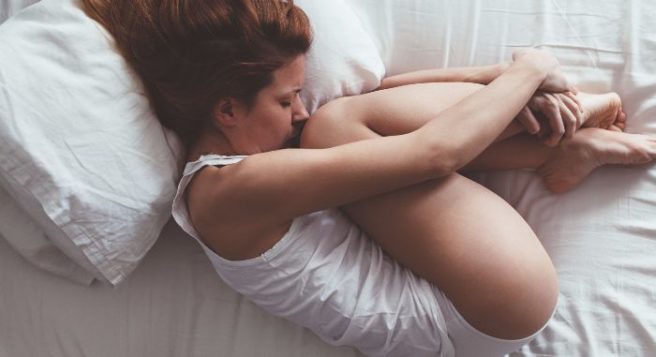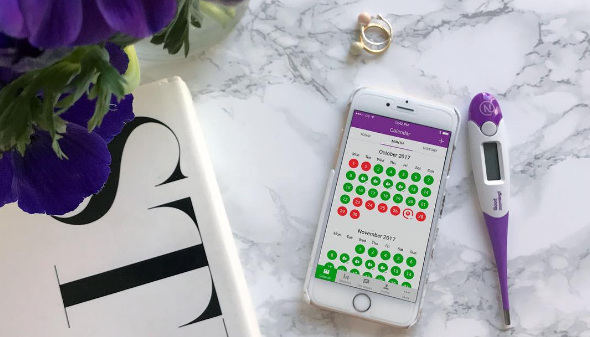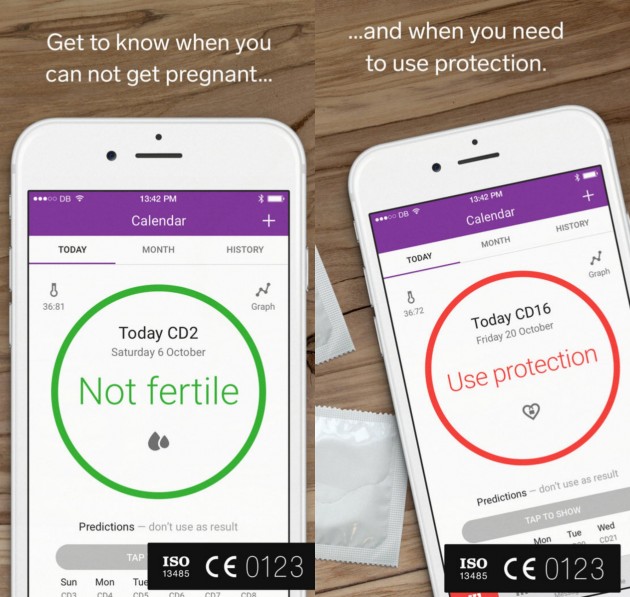
Make a difference: How you can support Homeless Period Ireland
The Homeless Period Dublin initiative was born in December 2016. Their goal is to help women and girls who found themselves unable access to basic sanitation and female hygiene products every month.
Claire Hunt took over the general management of the Homeless Period Dublin initiative in 2017. A social media campaign was launched to highlight this issue; through this campaign it became apparent that this was a national issue. Emanating from this campaign, a decision was made to rebrand the initiative to Homeless Period Ireland (HPI).
This rebranding would help create awareness nationally and more importantly, increase the number of drop off points (places where the general public donate female sanitary and hygiene products) and more importantly, increase reach nationally to front line services who have direct access to the women in need.
The aim of the Homeless Period Ireland is to donate feminine hygiene products (pads, tampons, liners, wipes) to those who otherwise would go without. The donations are brought by volunteer drivers to Homeless Outreach Centres, Direct Provision Centres and Women’s Refuges. The HPI is an initiative, not a charity and is 100 percent reliant on volunteers for distribution and collection of sanitary products.
The core objectives of the Homeless Period Ireland include:
-
breaking the stigma surrounding menstruation
-
educating people on the basic hygiene needs of women
-
educating people that periods are a monthly expense
-
encouraging people to purchase sanitary products and gift them through various pre-arranged donation points
-
ensuring that every woman in Ireland has access to sanitary products.
The Homeless Period Ireland has numerous drop-off points, such as:
Tropical Popical, Waxperts, UCD, UL, IADT, Bella Baby, National Maternity Hospital. An up-to-date list of drop off points can be found on their Facebook and Twitter pages.
We would love to see more nationwide drop off points and anyone who can set one up in a shop, or business etc can drop an email to thehomelessperioddublin@gmail.com
The Homeless Period Ireland hopes to educate people about period poverty and the “silent struggle” of many women living in Ireland, but it’s just the tip of the iceberg.
HPI want the government to take action as Scotland did this year with the introduction of a scheme that gives free sanitary products to women in need.
On March 13, 2017, for the first time in history, an all female cross party motion on period poverty was passed in the Dail. This included a call for free period products in public buildings and most importantly improving education and working to normalise periods.
This is a step in the right direction but the work of Homeless Period Ireland will still continue as many people in need will still experience period poverty. Young carers, women and girls in Direct Provision, homeless women, low income women reliant on food banks. They will continue to feel the stress and discomfort that is endured when having a period in difficult circumstances.
“When we all have access to period products only then will we end period poverty”
“Periods happen every month and unless you are experiencing it, it’s not at the forefront of people’s minds”







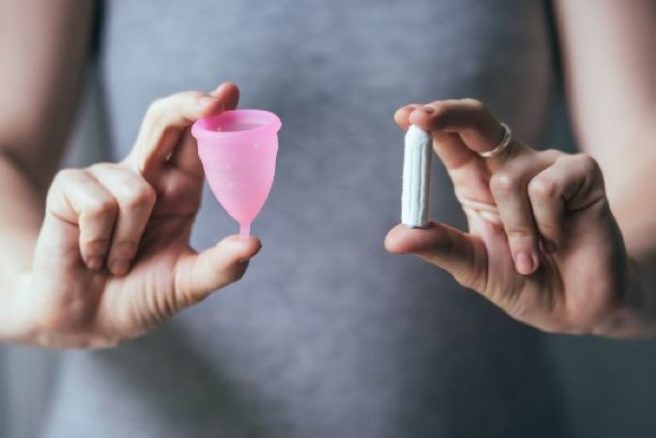
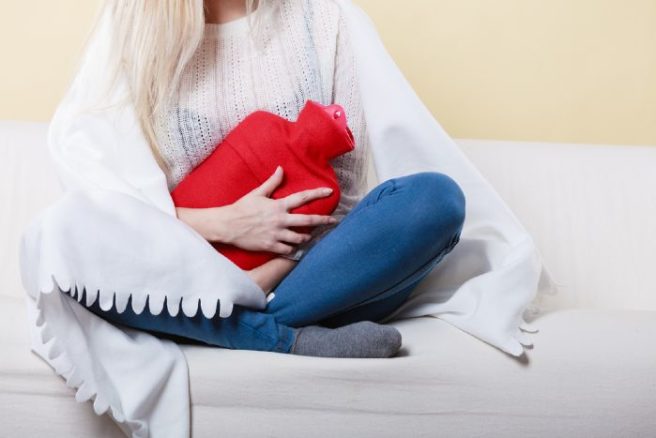
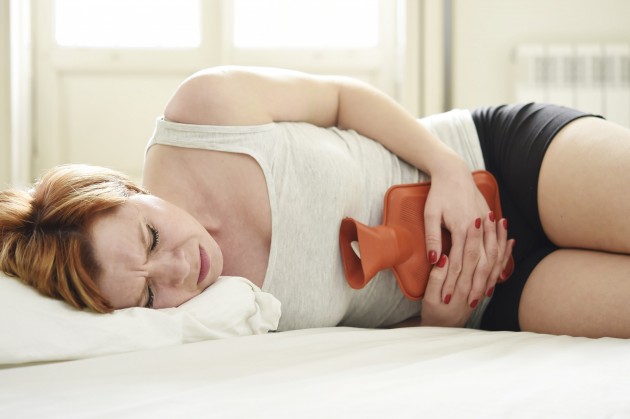
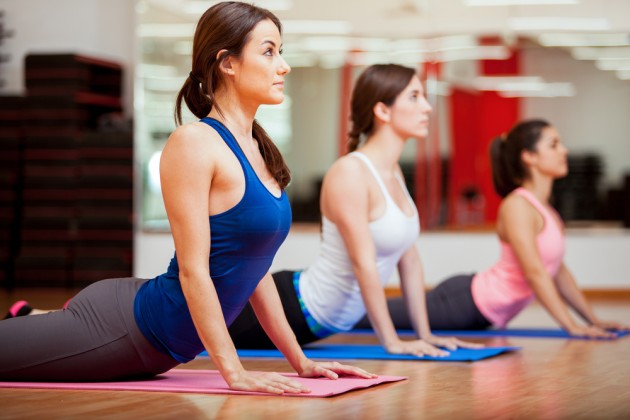
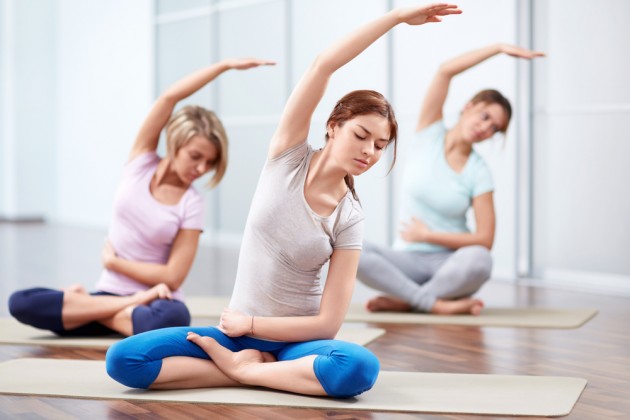
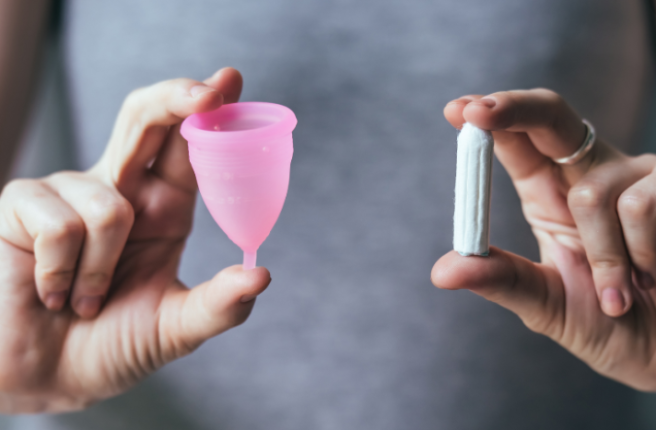
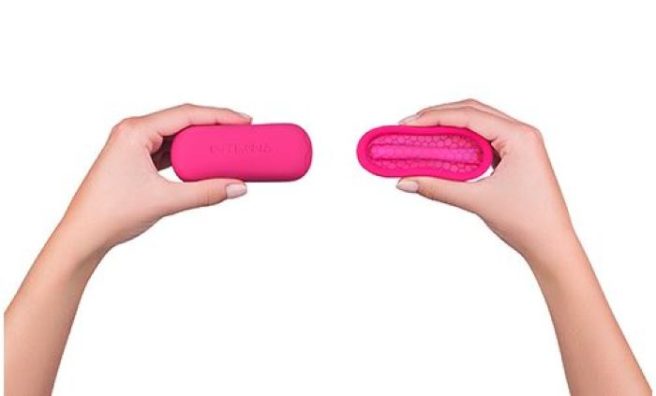
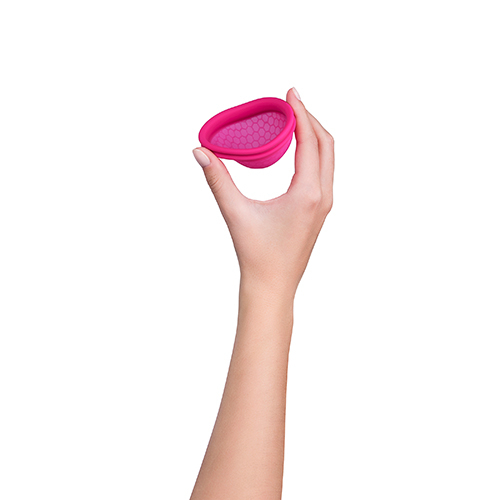
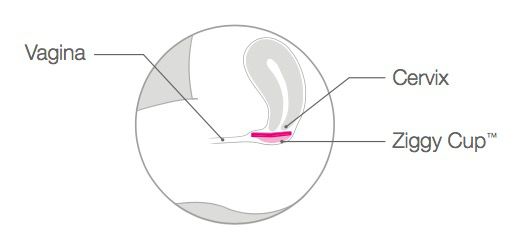
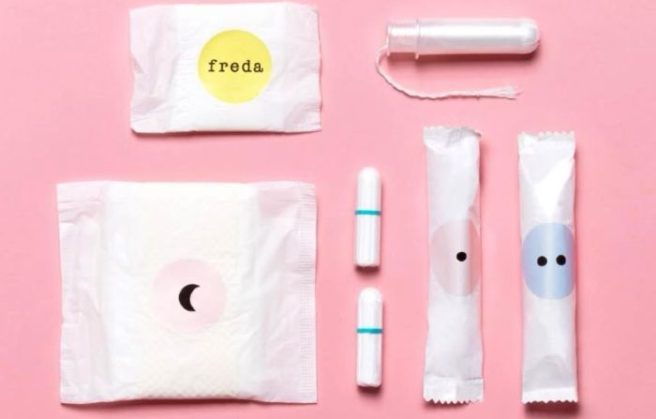
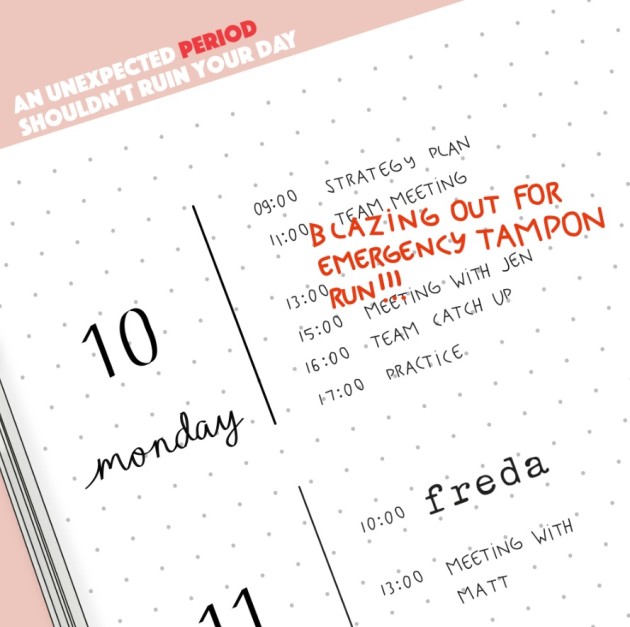
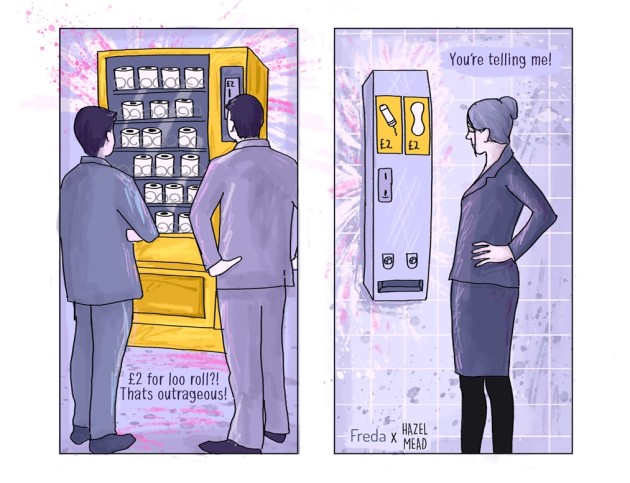

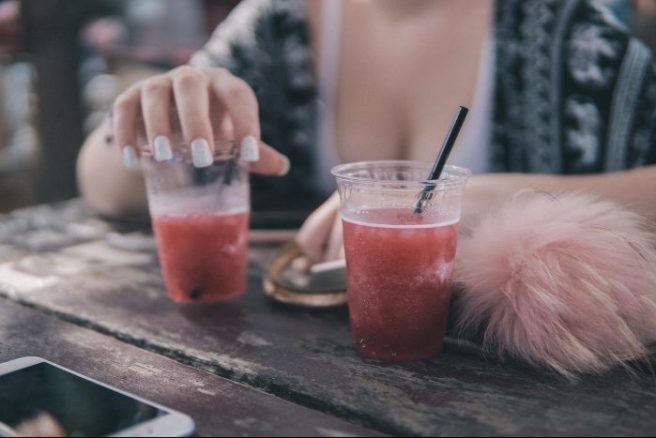
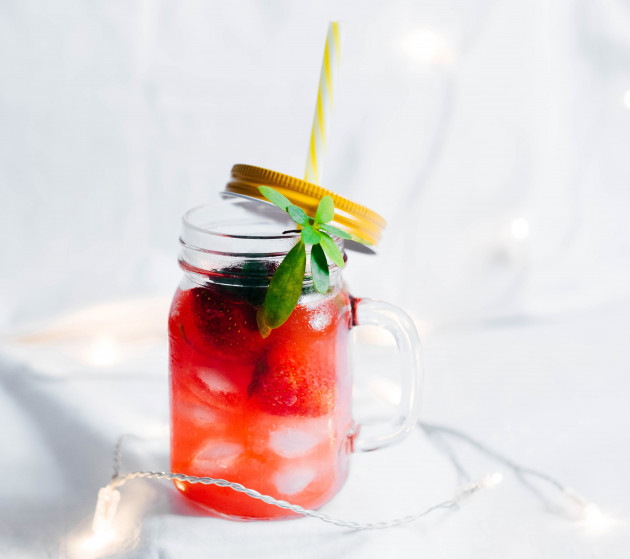
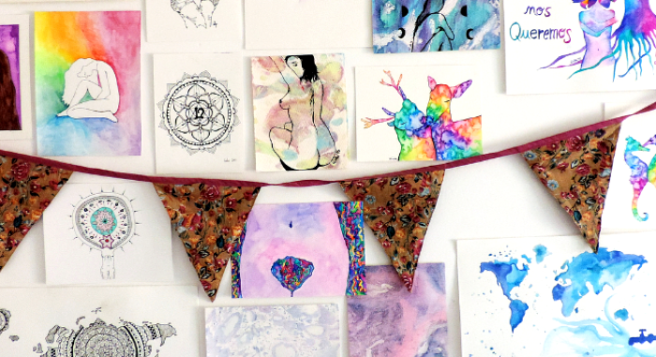
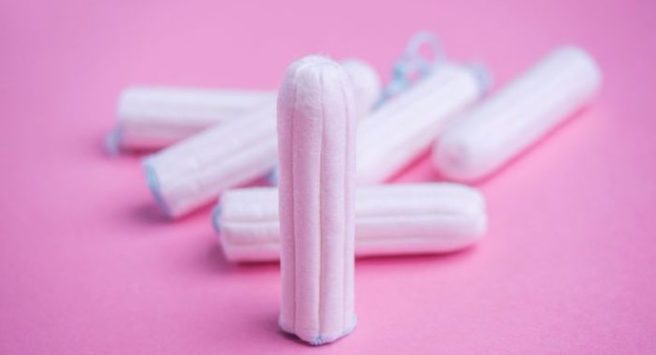
/about/GettyImages-82277954-57bf06765f9b5855e5eb4cd5.jpg)
